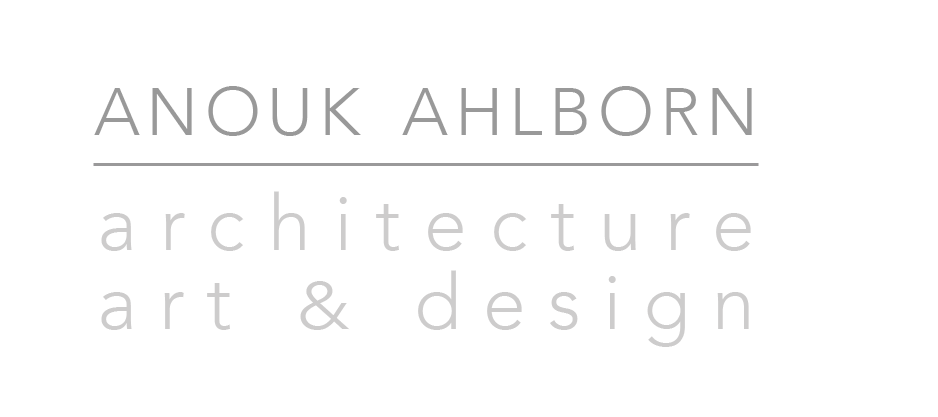COUNCIL OF URBAN CULTURE - Team Overview : International Relations
OVERVIEW
Luxembourg and the Greater Region
The Greater Region
The Greater Region is formed by territories from Luxembourg, Germany, Belgium and France and had a combined population of 11.2 million inhabitants in 2007.
The German-speaking community of Belgium had 71.000 inhabitants on an area of 854 sq.km in 2007. It enjoys a great deal of autonomy from the rest of Belgium. As such this small federated unit of Europe is a member of the Euregio Meuse-Rhine and Greater Saar-Lor-Lux Region Foundation and is active in cross-border cooperation.
Luxembourg
Luxembourg is divided into 3 districts, 12 cantons, 105 communes and 79 towns with populations of over 1,000 people and many smaller villages.
Population
Total population (2016): 543 202
Total Foreign population (2007): 45%
Total city population (2016): 103 641
Total city foreign population (2007): 63%
Language
The official languages are Luxembourgish, German and French but many
people are polyglot and speak English, Portuguese, Italian or Spanish.
Jean-Pierre Masseret, President of the Conseil Regional de Lorraine and
Senator of Department Moselle, describes the people of Luxembourg
and the Greater Region as sharing
chameleon-like identities.
Economy
Luxembourg has the highest GDP per inhabitant in Europe (2.7 times the EU28 average in 2012) and one of the highest in the world. (http://www.iys2013.lu/resources/documents/IYS2013LU_osier.pdf)
EUROPEAN CAPITAL OF CULTURE
Luxembourg and the Greater Region 2007
Political Preconditions 2007
Jean-Claude Juncker, Luxembourg's Prime Minister from 1995 to 2013
(as well as Minister for Finances from 1989 to 2009 and other roles in
the European Union) created a trans-regional framework or Quattropole
network between Luxembourg and its bordering countries at the Greater
Region Summit Conference held in Liege in May 2000.
This framework allowed for the joint Capital of Culture event.
The organisers emphasised that all the five territorial regions which make
up the Greater Region would participate as equal partners.
The organisers wished to effect ''Sustainable and lasting cultural development,
then, but also a kind of European cultural laboratory, possibly
designed to act as a role model for other parts of Europe.''
(Francois Biltgen, Octavie Modert)
European capital of Culture 1995 & 2007
Luxembourg was the first city in Luxembourg and the first European
city to hold the title ''European capital of Culture'' for the second
time, after it had been European Capital of Culture in 1995.
In 1995 the designation of Luxembourg ECC 1995 extended beyond
the city to incorporate the entire country (the Grand Duchy).
In 2007 the designation of Luxembourg ECC 2007 extended
beyond the city to incorporate the greater region.
Financial Resources 2007 (*Approximate)
Bourses (Bourses d'aide a la creation) (LUX): 98.750 EURO
Subsides (Ministry of Culture, Higher Education and Research) (total 2007: 112.397.662)
(Note that in the case of Luxembourg the national budget went up by approx. 2 mio. EURO between 2007 and 2008)
National Budget (Budget de l'Etat) (total 2007: 8.458.522.239)
Budget 2007 (*Approximate)
Total budget: 14 millions EURO of 41mio. Euros
40% co-financing for public cultural institutions
(des cofinancements pour les institutions culturelles publiques)
50% to socio-cultural and artistic associations
(au benefice du monde associatif socioculturel et artistique)
10% to municipalities, schools, other agencies and publishing
(aux communes, ecoles, autres organismes et a l'edition)
International co-financing 2007
The government of Luxembourg provided 4 of 8 million Euros, all gathered through global co-financing, to the benefit of the 140 cross-border projects.
Long-term Investments 2007
Critique
The Luxembourgish government of Luxembourg invested 600 million Euros
into new infrastructural projects in 1995.
However these projects were
only completed 12 years later for the second ECOC event in 2007!
